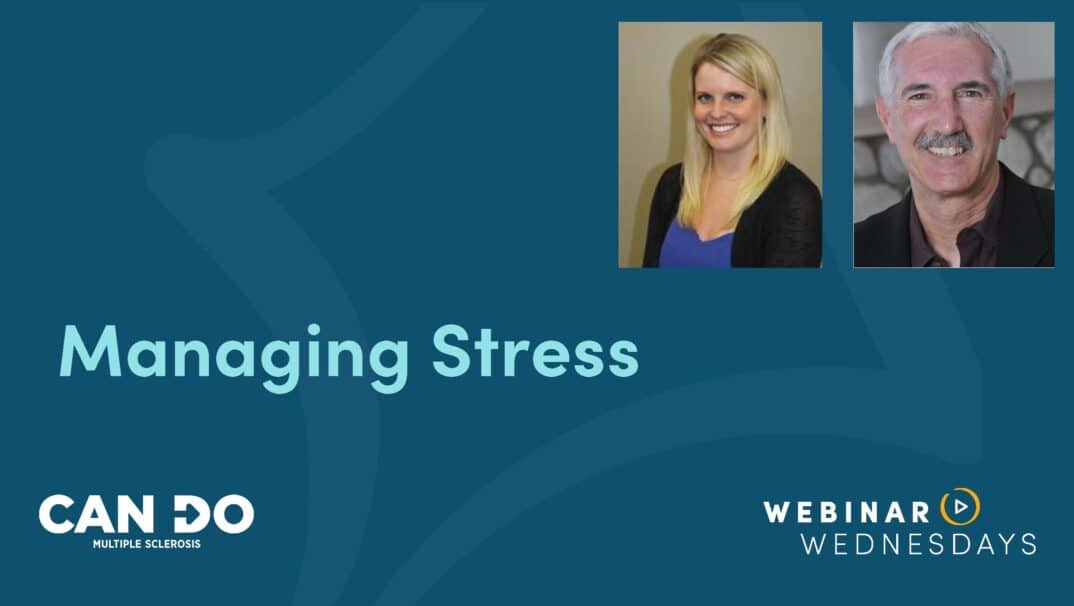What is mindfulness?
To put it simply, it is making the conscious effort to stay in the moment and focus on the here and now.
We spend a great portion of our days scattered, unable to give our full attention to what is in front of us. This can lead to life feeling out of control. However, even when you can’t control the here and now, you can learn to control your response to it.
Start Your Mindfulness Practice
Benefits of Practicing Mindfulness
Mindfulness helps shift your “fight or flight” nervous system (sympathetic) to the “rest and digest” mode (parasympathetic). The sympathetic system can be helpful, like if you need to move out of the way of a car in the street! But when the gas pedal is pressed on “fight or flight” for too long, your body continues to produce chemicals that signal it is in danger. In the long run, this can cause health problems like high blood pressure, anxiety, depression, and inflammatory changes that make pain feel worse and cause autoimmune issues.
Results of practicing mindfulness and meditation:
- Lowers blood pressure
- Pulse decrease
- Breathing slows
- Stress hormones decrease
- Digestion is facilitated
- Coping and resilience are improved
Particularly in multiple sclerosis, studies suggest that meditation and mindfulness are helpful for reducing pain and anxiety.
That’s why we’ve created a meditation practice specifically designed for people living with multiple sclerosis. Sign up to get weekly meditations delivered to your inbox ➤
How to Practice Mindfulness
Meditation Tips
- Any meditation is better than none.
- Think of meditation as meaning “begin again” so if you get distracted, you don’t fail. Rather, you get another chance to start over. It’s great to have do-overs in life!
- Be in a comfortable position, but not so comfortable that you will fall asleep. I call it “relaxed alertness”.
- Focus on your breath.
- Breathe in slower and deeper than usual. Sometimes counting 4-6 seconds for each inhale and exhale helps.
- If you are new to meditation, start slow. I recommend 2 minutes.
- If you are using a mantra, like we do in Mindful Moments, breathe in the words of the mantra, and breathe out negative thoughts.
- Inhale: I am strong
- Exhale: I let go of negative thoughts, or I let go of feelings of weakness
Mediation Mantras
A mantra is a sound, word, or group of words that helps make meditation a little easier. A mantra takes us away from our busy brains so that we can focus on something more simple. Repeating a positive thought in meditation or daily can help it become ingrained in your mind. This can make it easier for you to find a sense of calm.

Mindful Moments
Our weekly Monday Mantras are geared towards helping you focus on a positive thought for the week. Join Mindful Moments for an approachable guide to mindfulness. Every week, we will introduce you to a mantra to start the week off right, allowing you to free your mind – even just for a moment – from the confining feelings of MS.

Keep Learning
Explore All Mental Health Resources
Continue your journey in caring for your mental health.
Explore Resources






